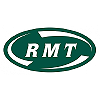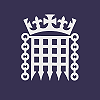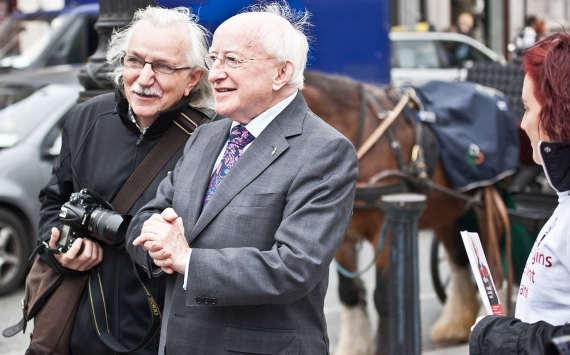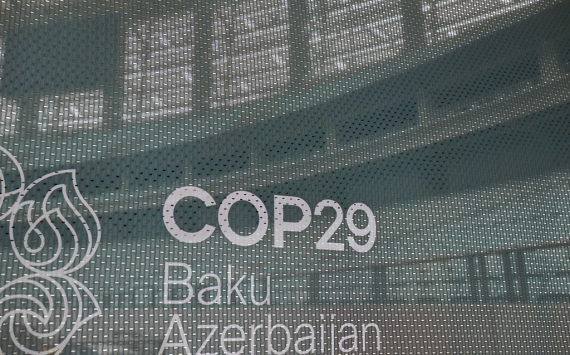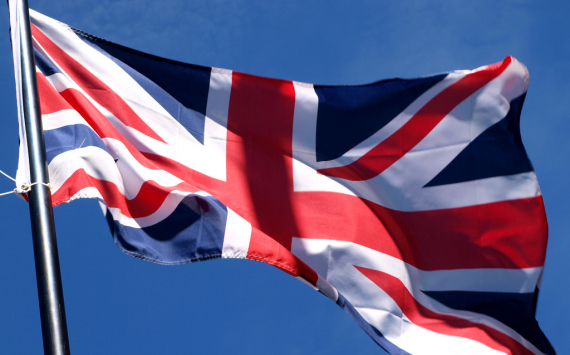
Strikes continue
Britain will face a new wave of strikes in January involving nurses, ambulance staff, railway workers, teachers and driving tests.
British nurses, who went on strike for the first time in the country's history in December, intend to refuse to go to work again on 18 and 19 January, demanding that their salaries be indexed to take account of the record high inflation rate, which is approaching 11%. Emergency services staff will go on strike on January 11, putting additional strain on the National Health Service, which is in crisis because of staff shortages and the seasonal increase in the incidence of acute respiratory infections, including influenza and COVID-19.
British railway workers are on strike from Tuesday to Saturday, January 7. The National Union of Rail, Maritime and Transport Workers (RMT) is seeking wage hikes and protection from cuts for its members, with up to 80% of trains being cancelled across the country. Aslef members are also supporting the strike.
School teachers intend to strike on 10-11 January as well as 16-20 January a final vote by education union members on the issue is due early next week.
A wave of strikes, triggered by a sharp rise in inflation and a fall in real incomes and living standards, swept the kingdom in December. In addition to health workers and railway workers, strikes involved border control workers, postmen, bus drivers and a range of other professions.
The British authorities have repeatedly stated that they cannot afford to raise public sector wages in line with inflation, as such measures would only further increase prices in the country and put an additional burden on the budget.
Amid the extremely difficult situation, the conservative government led by Prime Minister Rishi Sunak is preparing to introduce and urgently push through Parliament next week a new bill that would limit the right to strike for professions that provide key public services.
According to Grant Shapps, Minister for Business, Energy and Industrial Strategy for the Kingdom, it would require railway workers, doctors, teachers and firefighters to provide services to the public "at the minimum necessary level" even during strikes. Otherwise the employers would have the right to sue the professional associations that initiated the strike.





